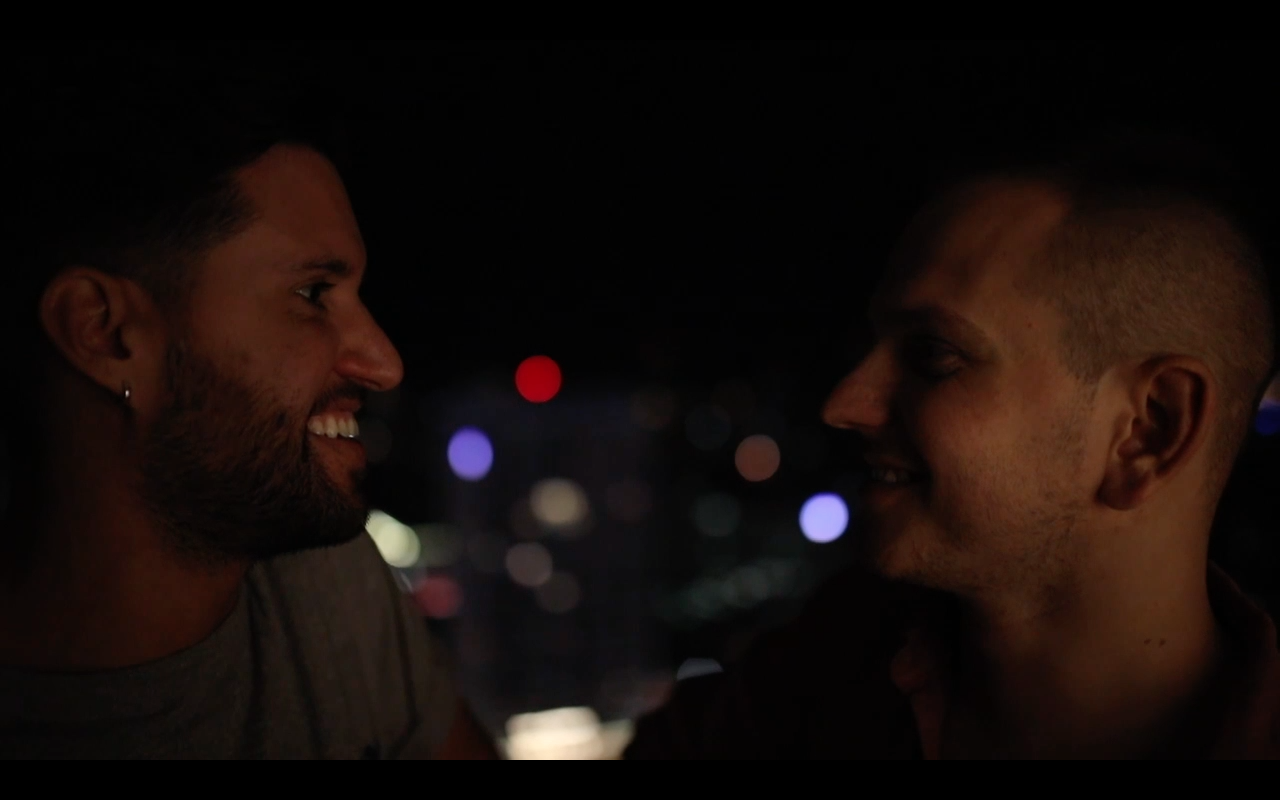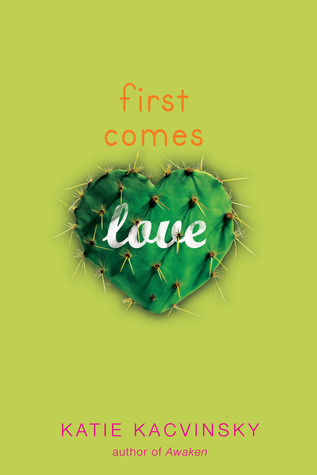


Perhaps the biggest change lies in the title.

Sammy’s unconscious xenophobic biases were addressed in this version, and I felt nothing of her essence was lost by being fully sensitive to the reader in this regard. Both girls had best friends in their previous lives, and this set them up well for forming an unlikely, though deep and sustaining friendship now. Nico’s trajectory had been a little more balanced as she had a brother and mother who loved her dearly. It was thrilling and heart-stopping to think it might get republished, particularly since the motivation behind writing Harvesting was primarily to raise awareness about sex trafficking of minors inspired by my involvement in a campaign called Stop Sex Trafficking of Children and Young People, an ECPAT International initiative, spearheaded by the Body Shop and The Children’s Rights Alliance in Ireland. Imagine my surprise then, when my editor at Harper Via, who published my sophomore novel Bright Burning Things in 2021, asked to read Harvesting in early 2022, a full five years after its original publication in Ireland and France. Critics said some very nice things it won a prize but still that feeling niggled. But for sure, it was excruciating and not because the novel was bad. My first experience of picking up my debut novel Harvesting in book form and seeing my words in print filled me with a strange mortification, a shame instead of pride. What-ifs? crowd your mind: what if that sentence were tweaked a little, that image sharpened, that one edited, that section more fluid, that character a little more complex? What if it’s truly dreadful? The surge of adrenalin that accompanies that moment of letting go is unsurpassed. As it charts the trajectory of a marriage so impossible that it became inevitable, First Comes Love reminds us-poignantly indelibly-that every story is a special case.Once a writer completes their final, final copy edits and the email comes from the publisher with the words “Final Draft” attached, you think that’s it. In a memoir heartbreaking and hilarious by turns, Marion Winik tells a story that is all more powerful for the way in which it defies easy judgments. But Marion and Tony's impossible love turned out to be true enough to produce a marriage and two beautiful sons, true enough to weather drug addiction, sexual betrayal, and the AIDS that would kill Tony at the age of thirty-seven, twelve years after they met. For starters, she was straight and he was gay. When Marion Winik fell in love with Tony Heubach during a wild Mardi Gras in New Orleans, her friends shook their heads. In development for motion picture release.

Winner of the Austin Writers League Violet Crown Award


 0 kommentar(er)
0 kommentar(er)
